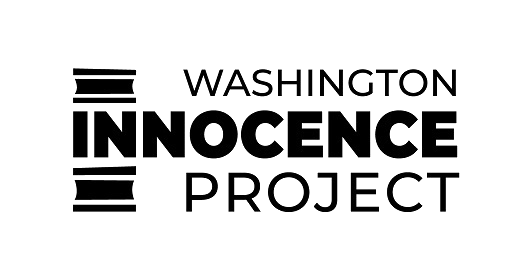Washington Innocence Project provides free investigative and legal services in cases of innocence with supporting newly discovered evidence.
Our aim is to reverse cases of wrongful convictions so innocent people can be where they belong—at home, with their families and friends, living their lives. Twenty innocent men and women are living free because of our work. Sixteen have been exonerated and fully cleared of charges—collectively, they served more than 170 years for crimes they did not commit.

